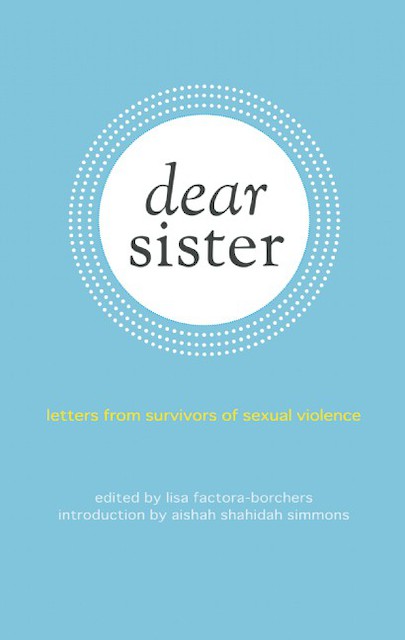Book Review - Dear Sister: Letters From Survivors Of Sexual Violence
Book Review - Dear Sister: Letters From Survivors Of Sexual Violence

Latest Article|September 3, 2020|Free
::Making Grown Men Cry Since 1992



